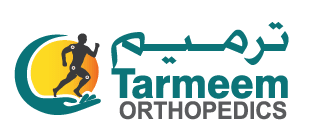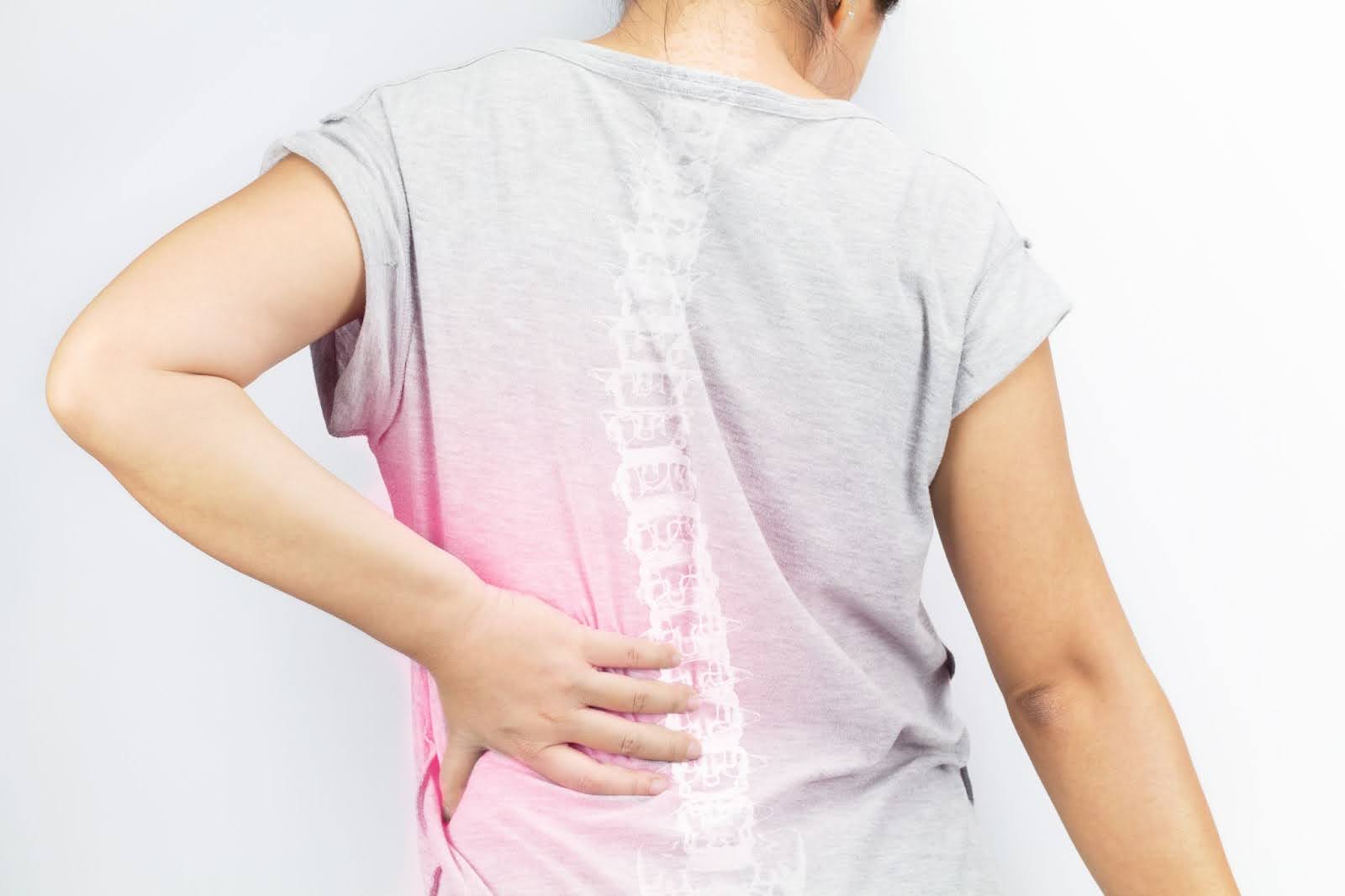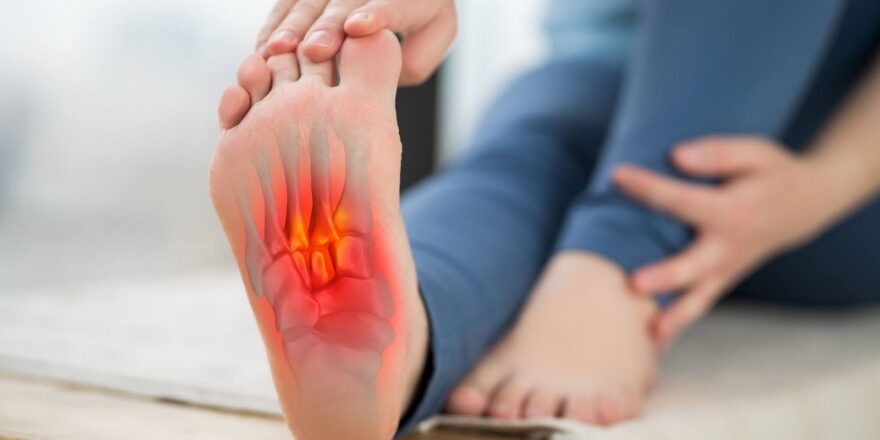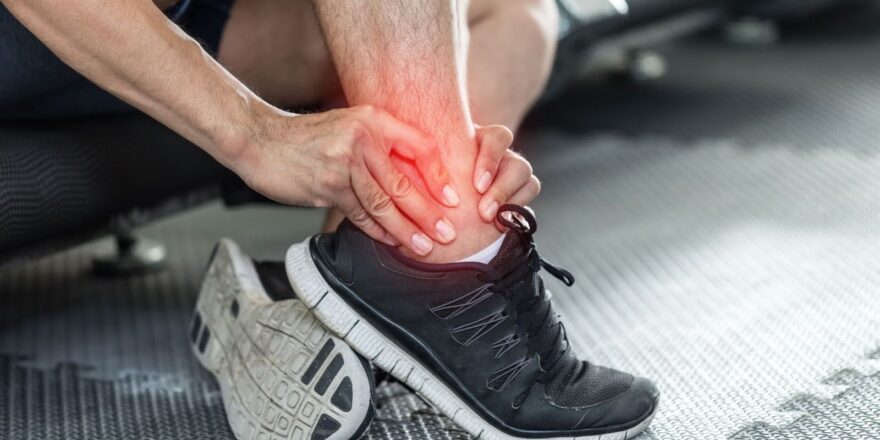Scoliosis is a condition where a child’s spine curves sideways, forming an “S” or “C” shape. While it may seem alarming to parents, understanding its signs, causes, and treatment options with the assistance of an Orthopedic Doctor in Abu Dhabi can help ensure the right care for your child. Early detection and treatment play a significant role in managing scoliosis effectively.
Scoliosis in Children: Understanding Signs and Symptoms
The spine has natural curves, but scoliosis occurs when the spine curves abnormally to the side. It can vary from mild cases that require monitoring to severe cases that might need treatment. Most scoliosis cases in children are idiopathic, meaning the cause is unknown, but other types may result from neuromuscular conditions or congenital abnormalities.
It’s important for parents and caregivers to know the signs of scoliosis so they can seek medical advice early from the specialists at a top hospital in Abu Dhabi.
a) Uneven Shoulders: One shoulder of the child might be positioned higher than the other.
b) Uneven Waist: A difference in the waistline or one hip appearing higher.
c) Prominent Ribs: Ribs on one side may stick out more than the other.
d) Tilted Head: The head may not align with the pelvis.
e) Back Pain: While uncommon in mild cases, some children may complain of discomfort.
f) Difficulty Standing Straight: The child might lean to one side.
g) Regular Checkups: Regular school screenings or check-ups with a pediatrician can help detect scoliosis early.
What Causes Scoliosis in Children?
a) Idiopathic Scoliosis: The most common type with no known cause.
b) Congenital Scoliosis: Present at birth due to spinal malformations during development.
c) Neuromuscular Scoliosis: Associated with conditions like cerebral palsy or muscular dystrophy.
d) Degenerative Scoliosis: Rare in children, typically seen in adults due to aging or injury.
Diagnosing Scoliosis in Children
A pediatrician or orthopedic doctor at the best hospital in Khalifa City often diagnoses scoliosis through:
a) Physical Exam: The orthopedic doctor in Abu Dhabi will check for uneven shoulders, hips, or ribs.
b) Adam’s Forward Bend Test: The child bends forward to see if the curve is noticeable.
c) X-rays: These provide a clear image of the spine’s curvature and help measure the degree of the curve.
d) MRI or CT Scan: These may be needed to understand underlying causes in complex cases.
Treatment Options for Scoliosis in Children
The treatment approach is determined by factors such as the severity of the curve, the child’s age, and the potential for the condition to worsen. Here’s an overview of common options recommended by specialists at an orthopedic clinic:
a) Observation
For mild curves under 20 degrees or in children who are still growing, observation is usually advised. In these cases, no immediate treatment may be necessary, but the child will require regular check-ups and X-rays to monitor the spine for any changes in the curvature.
b) Bracing
Bracing is used for moderate curves ranging from 20 to 40 degrees, especially in children who are still growing. A brace does not correct the curve but helps prevent it from worsening as the child grows. There are different types of braces, such as the TLSO (Thoracolumbosacral Orthosis) for lower spine curves and the Milwaukee brace for curves higher up the spine.
c) Physical Therapy
Physical Therapy is often used to complement other treatments by strengthening the muscles and improving posture, providing additional support to the spine. Therapists at an orthopedic clinic in Abu Dhabi may recommend stretching exercises to improve flexibility, core strengthening routines to stabilize the spine, and breathing exercises to enhance lung capacity in children with rib cage involvement.
d) Surgery
Surgery is usually reserved for severe curves greater than 40–50 degrees or for cases where scoliosis causes significant pain or breathing difficulties. The most common surgical procedure is spinal fusion, which involves straightening the spine and stabilizing it by fusing the affected vertebrae with the help of rods and screws. Advanced techniques at the best hospital in Abu Dhabi ensure safe procedures and effective results.
Living with Scoliosis
With the right care and support, children with scoliosis can enjoy healthy, active lives with some helpful tips mentioned here:
a) Encourage Physical Activity: Non-impact activities like swimming or yoga can improve flexibility and strength.
b) Promote Good Posture: Teach your child to sit and stand correctly to reduce strain on the spine.
c) Support Emotional Well-being: Scoliosis can impact self-esteem, especially if a brace is needed. Providing emotional support to your little children is highly essential.
When to See a Doctor at an Orthopedic Clinic in Abu Dhabi?
If you notice any signs of scoliosis or if your child complains of continuous back pain, it’s essential to consult a pediatrician or orthopedic specialist. Early diagnosis can make a significant difference in preventing complications and improving quality of life.
Hence, scoliosis in children may seem overwhelming at first, but most cases are manageable with early detection and proper treatment. Regular check-ups, observation, or medical intervention, when needed, can help your child grow strong and healthy. If you suspect your child has scoliosis, don’t hesitate to seek expert advice and explore the best care options.
How Tarmeem Orthopedic and Spine Specialty Hospital Supports Children with Scoliosis
At Tarmeem Orthopedic and Spine Specialty Hospital, we specialize in providing comprehensive care for children with scoliosis. Our team of experienced pediatric orthopedic specialists and spine surgeons offers personalized treatment plans tailored to each child’s unique needs.
From accurate diagnosis using advanced imaging technology to non-surgical interventions like bracing and physical therapy, we prioritize early detection and effective management. For severe cases, our surgical expertise ensures safe and successful outcomes using state-of-the-art techniques.
At Tarmeem, a Hospital in Khalifa City, we combine medical excellence with compassionate care to help your child achieve better posture, improved function, and a higher quality of life.




